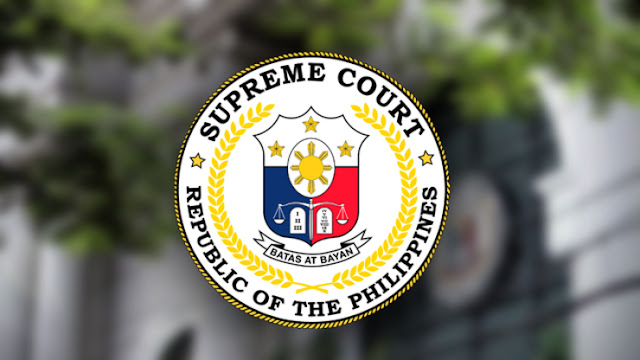
MANILA — It’s final: the 18-year-old joint oil and gas exploration deal of the Philippines with China and Vietnam that has been voided by the Supreme Court (SC) is unconstitutional.
In a decision written by Associate Justice Samuel Gaerlan, the SC denied with finality the motion for reconsideration filed by the government to overturn the decision declaring the Joint Marine Seismic Undertaking (JMSU) unconstitutional.
The SC, in a briefer on the decision, found that the motion lacked merit as it “merely repleaded the issues raised in the comment and memorandum, which the Court had already passed upon in the assailed Decision.”
“It noted that since the objective of the JMSU as stated in its Fifth Whereas Clause is ‘to engage in a joint research of petroleum resource potential’ in the Agreement Area, the agreement clearly involved exploration,” the briefer read.
“The Court dismissed the contention of respondents who insisted that JMSU does not involve exploration by attacking the definition of the term ‘exploration’ under RA (Republic Act) No. 387, arguing that it was already repealed by Presidential Decree No. 87 or the Oil and Exploration and Development Act of 1972, among others,” it added, saying PD 87 does not provide any contrary definition for the term exploration nor does it define exploration.
The case stemmed from the original action for certiorari and prohibition assailing the constitutionality of the JMSU filed in 2008 by petitioners then-Bayan Muna party-list representatives Satur Ocampo, Teddy Casiño and other former lawmakers.
They argued that the JMSU was unconstitutional on the ground that it violated Article XII Section 2 of the 1987 Constitution, or the provisions on national economy and patrimony, which mandate that the exploration, development, and utilization (EDU) of natural resources shall be under the full control and supervision of the state.
Further, the petitioners said the JMSU was illegal because of the participation of CNOOC and Petrovietnam, foreign corporations wholly owned by China and Vietnam, respectively, which violated the constitutional provision that reserves the EDU of natural resources to Filipino citizens, or corporations or associations at least 60 percent of whose capital is owned by such citizens.
The respondents, which included former president Gloria Macapagal-Arroyo and several officials of her Cabinet, maintained that Article XII Section 2 of the Constitution was inapplicable as the provision contemplates EDU of natural resources, whereas the JMSU only involves pre-exploration activities. (philstar)







